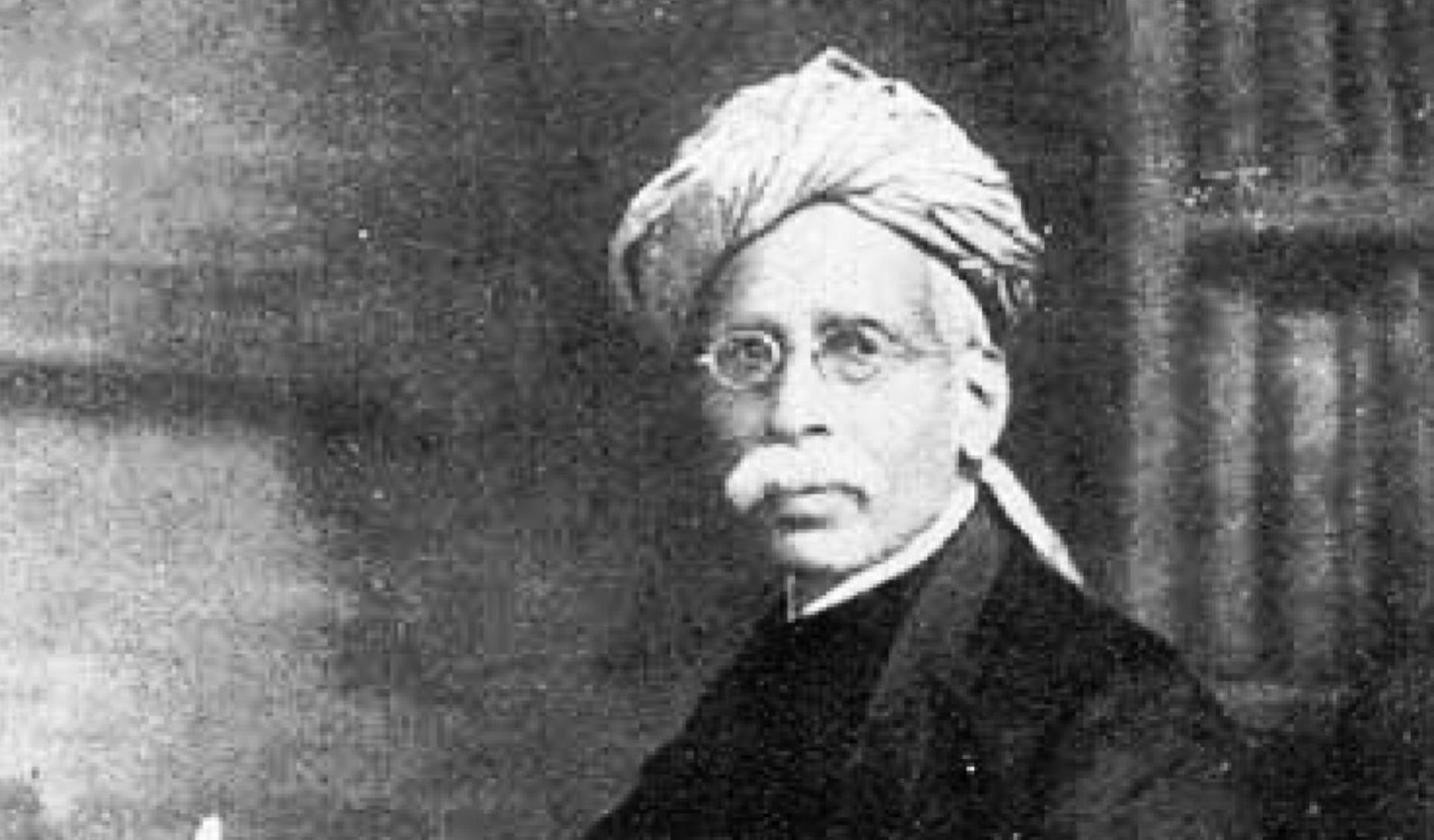“Where the mind is led forward by thee into ever-widening thought and action; into that heaven of freedom, my father, let my country awake.” —Rabindranath Tagore
Indian Christians played a significant role in nation building. Right from the beginning Indian Christian men and women have been at the forefront of national movement. Making tremendous personal sacrifices, Christians identified themselves with the Indian freedom movement in the late 19th and early 20th centuries. After independence, Christian community demonstrated their commitment to nation building by participating wholeheartedly in framing the Constitution of India.
Indian Christianity, although a minority religion, played a very significant role in the freedom movement of India. The Indian National Congress (INC) was founded in 1885. At that time, about 6% of the members of INC were nationalist Christians. Moreover, the Indian Christian community also played an important role in the early phase of the Congress (1887) where, out of 607 participants, 15 were Indian Christian delegates who actively participated in the deliberations. In the Congress session of 1889, among the ten women delegates, three were Christians: Pandita Ramabai, Triumbuck and Nikambe.
Madhusudan Das often urged people to respond positively to Gandhi’s call for non-cooperation. He supported Gandhi’s views
This article focuses on one of the most important members of the Indian Christianity community who played a massive role in building of modern India — Madhusudan Das, a social reformer and a lawyer. He was born in Cuttack, Odisha on 28 April 1848. His father held a clerical position at an office which was under the British Government. After his schooling, Madhusudan Das sought enrollment in the Ravenshaw College which offered education in English and was the most preferred college in Cuttack. In 1864, he went to Calcutta University after passing the entrance exam. He spent a considerable time in Calcutta and earned his MA and LLB degrees in 1873 and 1878 respectively.
During his stay in Calcutta, he came across missionaries of the Serampore mission who were preaching on the banks of Hooghly, near Babu Ghat. He was interested in what the missionaries were preaching and listened with great intent. Madhusudan Das was aroused by the teaching of missionaries and their call to bringing a change in the society. He also became acutely aware of the alien British rule in the country.
He returned to Cuttack, and soon began to practise law. In a short period, he earned the praise of the common people as he devoted himself to social development initiatives for the benefit of public. As a lawyer, Madhu Babu (as Madhusudan Das was popularly known) handled many important cases pertaining to the state of Odisha.
Madhu Babu during one of his travels came across Gangadhar Sarangi who shared the gospel with him. Later Madhu Babu came in contact with the missionaries of the Oriya Mission of Cuttack, and accepted Christianity.
The news of Madhu Babu becoming a Christian spread like wild fire and people were agitated on such a turn of events. He was ordered by the villagers to vacate his ancestral home. Madhu Babu complied and built a small home at the outskirts of the village which was known as Madhu Kothi. This place was later used for many other official purposes after his death. At present this small house is converted into a library where the memorabilia of Madhusudan Das are preserved.
He was actively involved in the freedom struggle of India as a member of the legislative council of Bihar and Orissa Province. Under the Diarchy scheme of Government of India Act, 1919, he was appointed as Minister for Local Self-Government, Medical Public Health, Public Works in 1921.
Madhu Babu’s birthday, 28 April, is celebrated as Lawyers Day in Odisha
While holding a government position, he supported the freedom movement and extended support to Mahatma Gandhi’s call for unity. He often supported Indians and spoke critically of the British government and its unfair policies. He supported Indian National Congress but confidentially.
He actively displayed his patriotism and wrote songs and poems in English and Odia in praise of India and for the sovereignty of Odisha. Through his letters and pamphlets, which were distributed in villages or read out in village meets, Madhu Babu often urged people to respond positively to Gandhi’s call for non-cooperation. He supported Gandhi’s views.
As he neared his death, he still continued to write letters to different revolutionary groups and urged them to press on the battle and he even wrote to the Bengal Presidency to grant mercy to people who were wrongly arrested.
Madhu Babu died on 4 February 1934. Till the very end, he remained faithful towards the cause of Indian freedom and displayed courage in times of adversity. A man of courage and humility, he was fierce in advancing the cause of self-ruling India. His birthday, 28 April, is celebrated as Lawyers Day in Odisha.






